Disclosure: This article contains affiliate links. We may earn a commission from purchases at no extra cost to you, which helps our travel content.
As I stepped off the bus in Butare (now officially Huye), the cool highland air carried hints of eucalyptus and wood smoke. This cultural heart of Rwanda immediately felt different from bustling Kigali—more relaxed, more academic, more connected to the country's pre-colonial roots. With my police officer's eye for detail and my traveler's heart for discovery, I spent a week exploring this university town on a modest budget, finding that some of Rwanda's richest cultural experiences don't require deep pockets—just curiosity, respect, and a willingness to venture beyond the typical tourist path.
Finding Your Bearings in Butare
Butare (officially renamed Huye, though locals still use both names interchangeably) sits about 135km south of Kigali, making it an easy 2.5-hour bus journey. As Rwanda's intellectual center, home to the National University and the country's first museum, it offers a perfect balance of cultural immersion without the capital's prices.
I arrived via the Volcano Bus Company (1,900 RWF/$1.80 one-way), which runs hourly services from Kigali's Nyabugogo terminal. The buses are surprisingly comfortable, though I'd recommend bringing your own neck pillow for longer journeys throughout Rwanda—a lesson I learned after arriving with a stiff neck on my first day.
For getting around town, Butare is wonderfully walkable, with most attractions within a 2km radius. For longer distances, motorcycle taxis (motos) cost around 300-500 RWF ($0.30-0.50) per trip within town. Just be sure to negotiate the price before hopping on and always ask for a helmet—my police instincts never quite switch off, even on holiday.
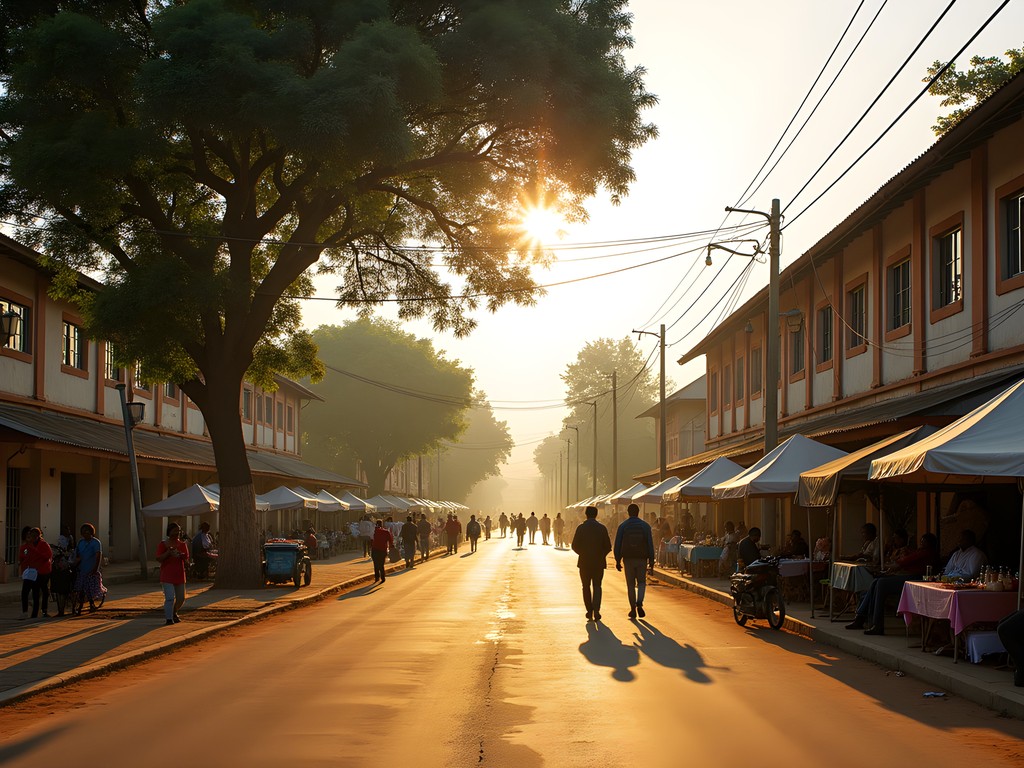
💡 Pro Tips
- Download Maps.me before arriving as it works offline and has better coverage of Butare than Google Maps
- Exchange money in Kigali for better rates—Butare's options are limited
- Learn a few basic Kinyarwanda phrases: 'Muraho' (hello), 'Murakoze' (thank you), and 'Amakuru' (how are you)
Budget Accommodation & Food
Butare offers surprisingly good value accommodation for budget travelers. I stayed at Motel du Mont Huye, a simple but clean establishment where a single room with private bathroom cost 15,000 RWF ($14) per night. For those willing to share facilities, the university guesthouses offer rooms from 10,000 RWF ($9.50). Book directly rather than through online platforms for the best rates.
The real budget win in Butare is the food. The university area is filled with small restaurants serving hearty Rwandan meals for 2,000-3,000 RWF ($1.90-2.90). My favorite became Ibis Restaurant near the National Museum, where a generous plate of rice, beans, sweet potatoes, and grilled tilapia costs just 2,500 RWF ($2.40).
For self-catering, the central market sells fresh produce at local prices. I saved money by preparing simple breakfasts in my room using my immersion heater for morning coffee and buying fruit and fresh bread from the bakery opposite the museum.
One evening, I splurged (relatively speaking) at Astrida Hotel's restaurant, where 8,000 RWF ($7.60) got me a three-course meal featuring traditional Rwandan dishes with a modern twist—worth every franc for the cultural experience alone.
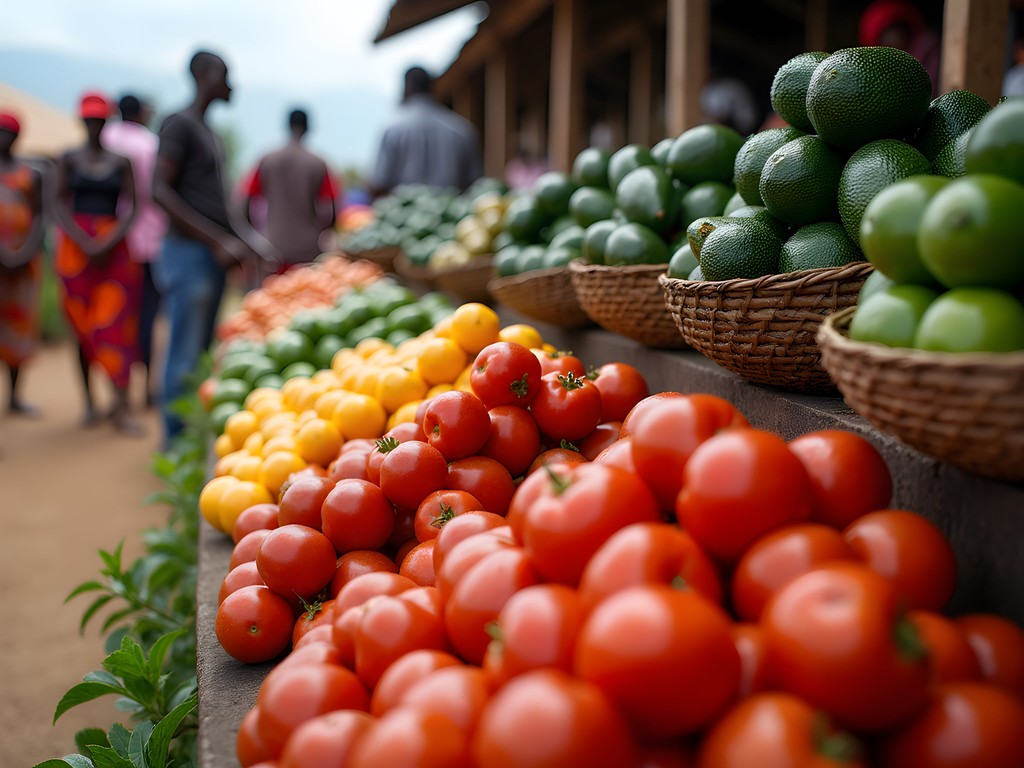
💡 Pro Tips
- Ask about weekly rates at guesthouses for stays longer than 3 days—many offer 15-20% discounts
- Carry a reusable water bottle and purification tablets to avoid buying bottled water
- University cafeterias are open to visitors and offer some of the most affordable meals in town
Cultural Immersion Without Breaking the Bank
The crown jewel of Butare is undoubtedly the National Museum of Rwanda (now called the Ethnographic Museum), part of the Institute of National Museums of Rwanda. The entrance fee of 6,000 RWF ($5.70) for foreigners is well worth it for the comprehensive collection of artifacts detailing Rwanda's pre-colonial heritage.
As someone passionate about preserving traditional arts, I was thrilled to discover the museum offers free calligraphy and traditional craft demonstrations every Wednesday afternoon. I spent hours learning about Rwandan symbolic writing systems from a local artist, drawing parallels with the Indian calligraphy techniques my grandmother taught me as a child.
For an authentic and budget-friendly experience, I highly recommend attending a community Intore dance practice session at the Cultural Center (2,000 RWF/$1.90 donation). These energetic performances with their distinctive choreography and dramatic expressions tell stories of Rwanda's royal history.
The National University of Rwanda welcomes visitors to its impressive library, where I spent a rainy afternoon exploring their collection of historical documents. Bring your document scanner if you're a research enthusiast like me—with permission, you can digitize public documents for personal use, which was invaluable for my ongoing study of traditional calligraphy forms.
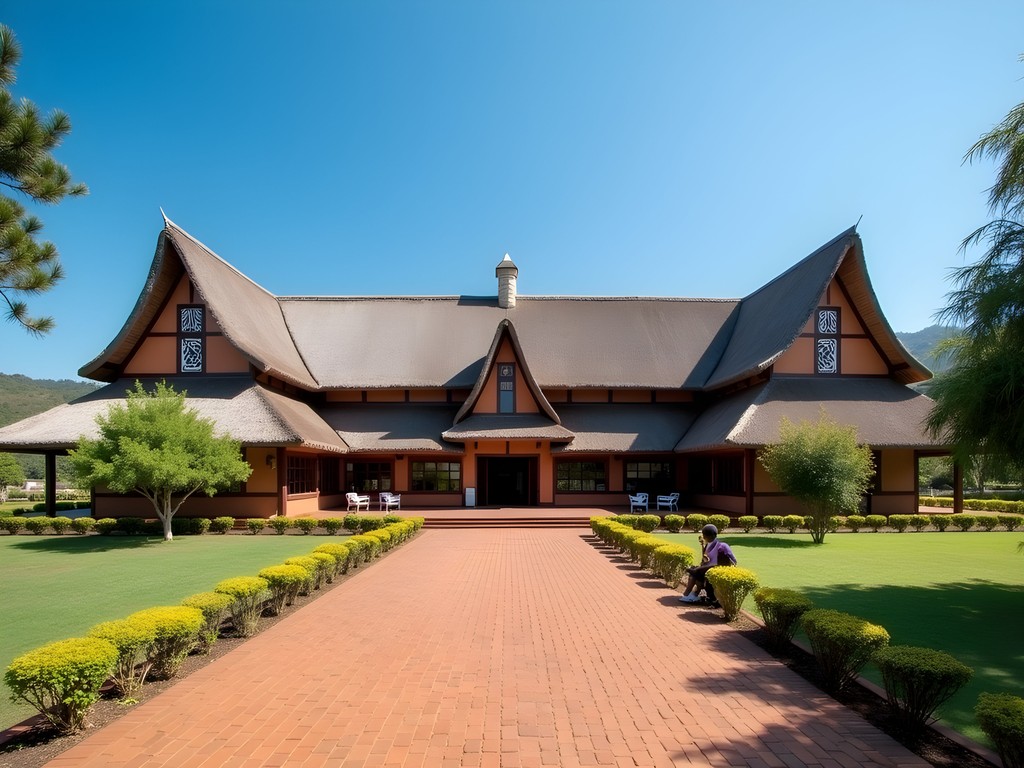
💡 Pro Tips
- Visit the museum in the morning when guided tours are more readily available at no extra cost
- Check with the Cultural Center for their weekly schedule of traditional dance practices
- University lectures are often open to the public—ask at the administration office for the current schedule
Day Trips & Nearby Attractions
Butare makes an excellent base for affordable day trips to nearby attractions. The most rewarding was my visit to Nyanza (30 minutes by local minibus, 700 RWF/$0.67 each way), home to the reconstructed King's Palace. The entrance fee of 6,000 RWF ($5.70) includes a guided tour of both the traditional palace and the colonial-era royal residence.
As a solo female traveler, I felt completely safe exploring these areas, though my police training means I'm always observant of my surroundings. Rwanda's exceptional safety record is well-deserved, but I still recommend carrying your valuables in a hidden money belt as a precaution, particularly when using public transportation.
For nature lovers on a budget, the Arboretum de Ruhande on the university grounds is completely free and offers beautiful walking trails through native and exotic tree species. I spent a peaceful morning sketching the distinctive flora and practicing my calligraphy in this tranquil setting.
More adventurous travelers can arrange a community-based hiking experience through the Huye Tourism Office to nearby hills for around 10,000 RWF ($9.50), including a local guide. These less-trodden paths offer stunning views and opportunities to visit small villages where traditional crafts are still practiced daily.
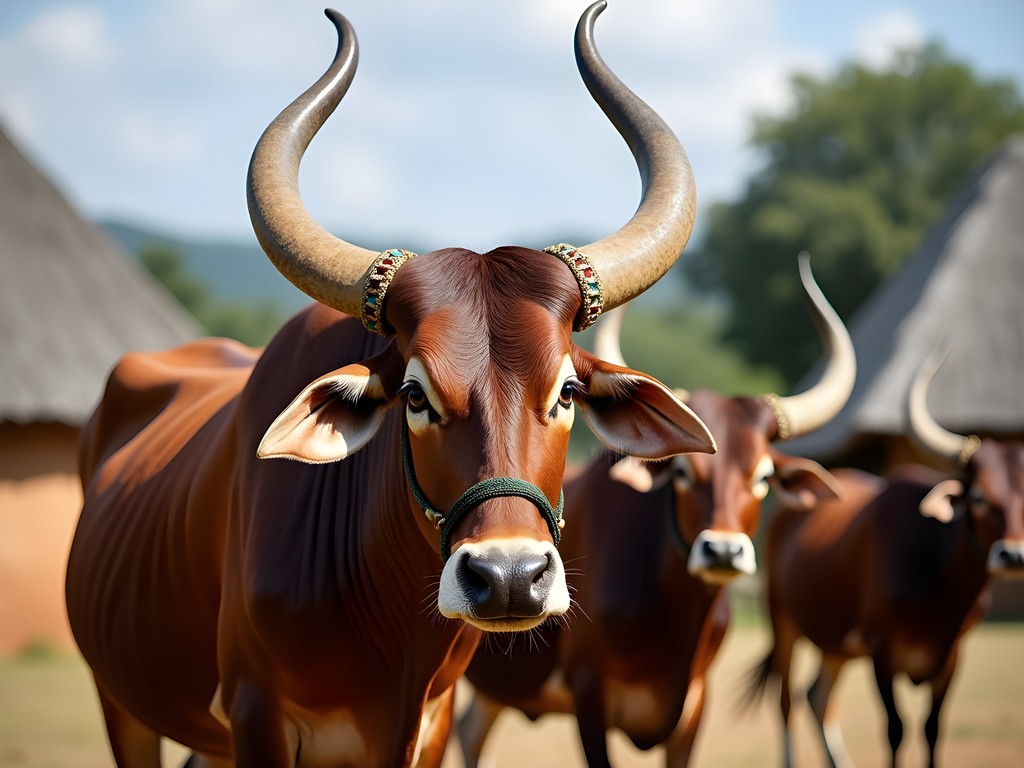
💡 Pro Tips
- Combine your Nyanza trip with the Saturday craft market for maximum value
- Carry small denominations for minibus fares as drivers rarely have change
- Pack a simple lunch for day trips to save on food costs—local avocado sandwiches travel well
Safety Tips from a Police Officer's Perspective
As both a police officer and frequent solo female traveler, safety is always at the forefront of my mind. Fortunately, Rwanda is one of Africa's safest countries, with Butare being particularly secure due to its university presence and smaller size.
Still, sensible precautions apply. I recommend photographing important documents and storing them in a secure cloud storage or encrypted cloud service. This saved me when helping another traveler who had her physical documents stolen from a bus station in Kigali before arriving in Butare.
For evening walks, Butare's main streets remain well-lit and populated until about 9 PM, but I'd recommend using a personal safety alarm when venturing into quieter areas after dark. The distinctive sound can deter opportunistic thieves and alert others if you feel uncomfortable.
Unlike many tourist destinations, Butare sees few scams targeting foreigners, but do be aware that some motorcycle taxi drivers might quote higher prices to tourists. Always agree on the fare before starting your journey—I typically offer about 75% of their initial ask, which usually results in a fair price for both parties.
As for EV infrastructure—my usual travel focus—Rwanda is making progress but charging stations remain limited to Kigali. If renting a vehicle, stick with conventional options for trips to Butare until the charging network expands.
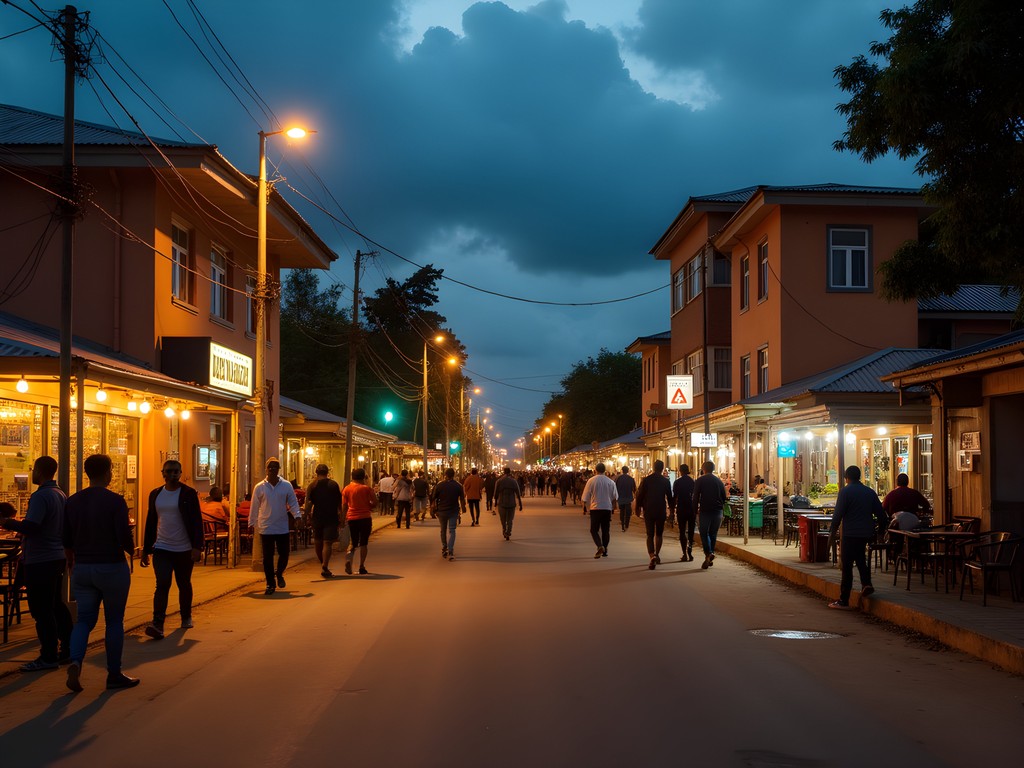
💡 Pro Tips
- Register with your embassy upon arrival in Rwanda
- Save emergency contacts including the tourist police (111) and local hospital (0788 563 980)
- Avoid displaying expensive electronics or jewelry, particularly at the bus station
Final Thoughts
As my week in Butare drew to a close, I found myself lingering at the university's hillside viewpoint, watching students debate beneath jacaranda trees while the setting sun painted the town in amber hues. This intellectual heart of Rwanda had revealed itself slowly—through museum exhibits that connected me to ancient traditions, through conversations with local calligraphers who shared techniques passed through generations, and through simple meals shared with newfound friends.
Butare proves that meaningful cultural immersion doesn't require luxury accommodations or expensive tours. With daily expenses averaging just $25-30, it offers one of Africa's most accessible windows into a complex and resilient culture. The town's walkable scale, excellent safety record, and wealth of free or low-cost activities make it particularly suited to student travelers and those seeking to stretch their budgets without compromising on authentic experiences.
As both a police officer and a traveler passionate about cultural preservation, I found Butare to be a rare gem—a place where traditional arts thrive alongside academic innovation, where safety concerns are minimal, and where a modest budget opens doors rather than limiting possibilities. Pack your curiosity, bring your sketchbook, and prepare to be welcomed into Rwanda's cultural soul.
✨ Key Takeaways
- Butare offers rich cultural experiences at budget-friendly prices (under $30/day all-inclusive)
- The combination of university atmosphere and traditional culture creates unique learning opportunities
- Rwanda's excellent safety record makes Butare ideal for solo female travelers
- Public transportation provides easy access to nearby historical sites
- Engaging with local artists and craftspeople offers the most meaningful and affordable experiences
📋 Practical Information
Best Time to Visit
June-August or December-February (dry seasons)
Budget Estimate
$25-30 per day including accommodation, food and activities
Recommended Duration
3-5 days
Difficulty Level
Easy

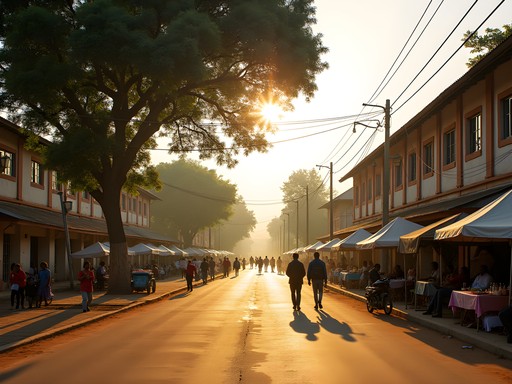
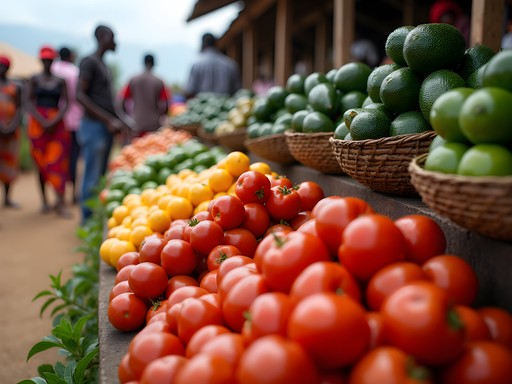
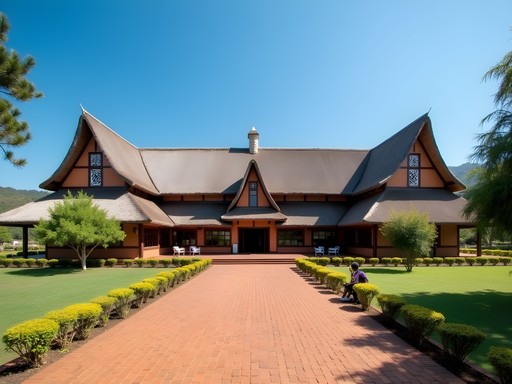
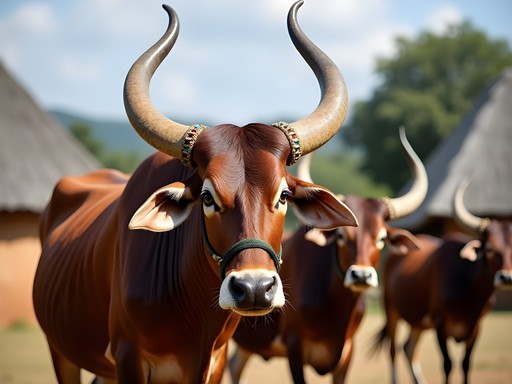
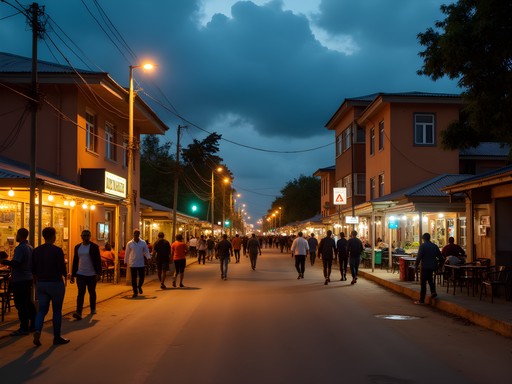


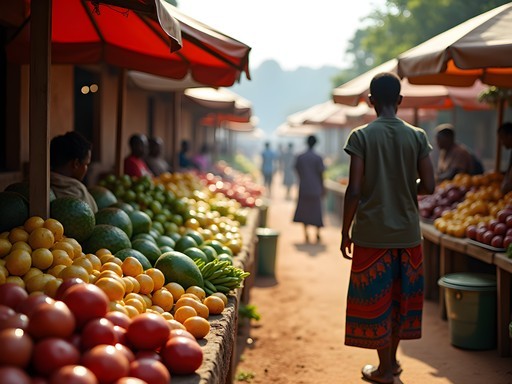
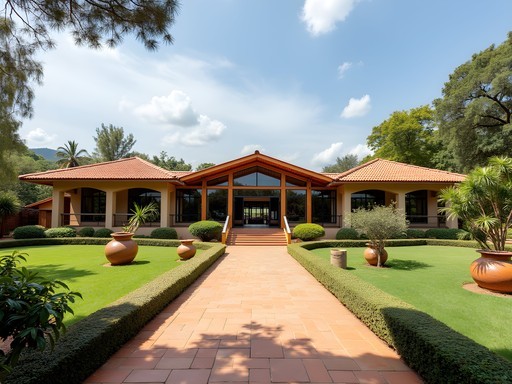

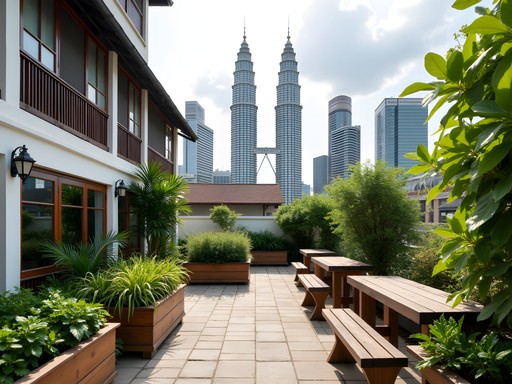
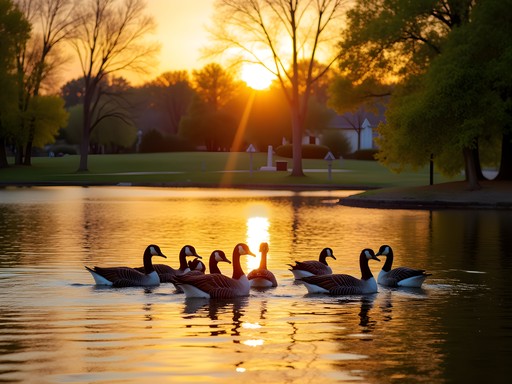
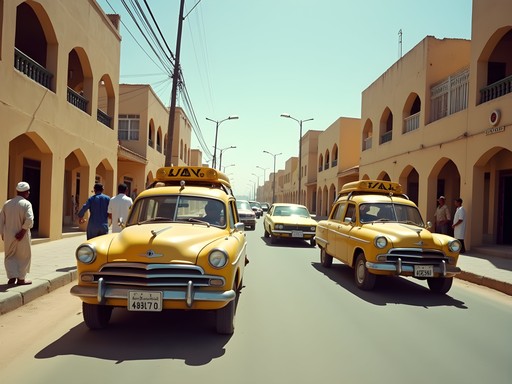
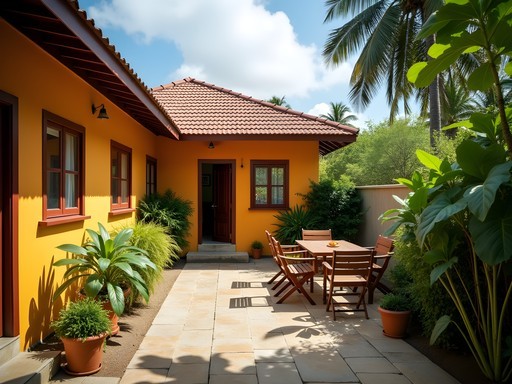
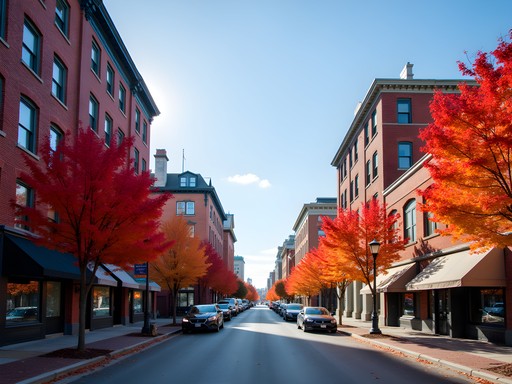
Comments
moonone
What's the best way to get there from Kigali? Bus or shared taxi?
Sage Dixon
Bus is way more comfortable and only slightly more expensive. Leaves from Nyabugogo station, takes about 2.5 hours. Shared taxis are faster but cramped with 4 people in the back!
moonone
thanks!! gonna try the bus then
adventureexplorer6701
Great photos! That jacaranda tree shot is beautiful
Frank Garcia
Solid guide, Violet. Your budget breakdown aligns with what I found when I passed through last year. One thing worth noting for budget travelers: the shared taxis (twegerane) between Butare and surrounding villages are incredibly cheap but run on local time schedules. I'd recommend asking your guesthouse host about timing rather than just showing up at the taxi park. Also, the university library has free wifi if you need to catch up on work - they're surprisingly welcoming to travelers. The genocide memorial site you mentioned is heavy but essential. Give yourself time to process it properly.
greenway
how safe is it for solo female travelers? thinking about going in august
Frank Garcia
Rwanda generally has excellent safety ratings. I'd say Butare is even more relaxed than Kigali. Just use common sense like anywhere - don't walk alone late at night, keep valuables secure. The community vibe there is really welcoming.
Sage Dixon
Violet, this brings back memories! I spent three weeks in Butare back in 2022 and completely fell in love with the place. The National Museum is absolutely worth the entrance fee - I went back three times. One thing I'd add to your budget tips: the local market on Saturday mornings is incredible for fresh produce and street food. I was living on less than $15/day including accommodation. The university students were so welcoming too, ended up joining a hiking group that went out to Nyungwe every other weekend. Did you make it to any of the traditional dance performances at the cultural center?
moonone
Saturday market sounds great! What time does it start?
Sage Dixon
Gets going around 7am and peaks between 9-11. Go early for the best selection!
happyninja
This is awesome! Never even heard of Butare before
Jean Wells
Excellent guide, Violet! I visited Butare last year and found it to be one of Rwanda's hidden gems. The National Museum is indeed spectacular and worth the entrance fee. I'd add that the Saturday market is particularly vibrant - I found beautiful handcrafted baskets for about half the price they sell for in Kigali. One tip for budget travelers: the university cafeteria allows outside visitors and serves huge portions of local food for around $2-3. I used my pocket phrasebook constantly - even just attempting a few words opened so many doors with locals. The botanical gardens behind the museum are also free and perfect for a peaceful afternoon.
mountainone
That university cafeteria tip is gold! Did you feel safe walking around at night?
Jean Wells
Absolutely! Butare felt very safe, even in the evenings. The main streets are well-lit, and there are always students around. Just use normal precautions you'd take anywhere.
mountainone
This is exactly what I needed! I'm heading to Rwanda next month and want to include Butare. How long would you recommend staying there? Is 2 days enough?
Violet Hayes
I'd say 2 days is the minimum to see the essentials, but 3-4 would be ideal if you want to really experience the local culture and do some day trips. The National Museum alone is worth half a day!
mountainone
Thanks! I'll try to stretch it to 3 days then. Any specific guesthouses you'd recommend that weren't in the post?
Violet Hayes
I stayed at Shalom Guesthouse which was great value. There's also a new place called Green Hills Eco-Lodge that opened after my visit - heard good things about it from other travelers!
starfan
How many days would you recommend staying in Butare? Is it worth it as a base for exploring or better as a quick stop?
escapeexplorer
Not OP but I spent 3 days there last month and wished I had at least one more day. The museum alone takes half a day if you're into history!
Violet Hayes
I'd echo what @escapeexplorer said - 3-4 days is perfect. Two for Butare itself and the rest for day trips. It's a great base with cheaper accommodation than Kigali!
dreambuddy
Great guide! How did you find the safety situation for solo travelers? I'm planning a Rwanda trip in January and Butare is definitely on my itinerary. Also, did you use local transportation to get to those day trip spots or hire a driver?
Violet Hayes
I felt incredibly safe as a solo female traveler in Butare! Rwanda in general is one of the safest countries I've visited in Africa. For day trips, I used a mix - local buses for Nyungwe Forest (cheap but time-consuming) and split a motorbike taxi with another traveler for the closer spots. If you're short on time, consider getting a offline map since internet can be spotty in rural areas.
dreambuddy
That's so helpful, thanks! Will definitely download that map. Looking forward to those motorcycle adventures!
Venture X
Premium card with 2X miles, $300 travel credit, Priority Pass